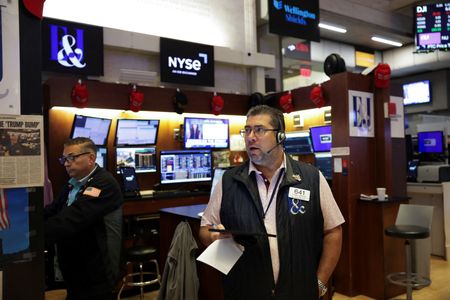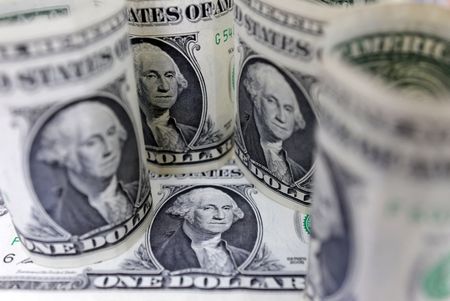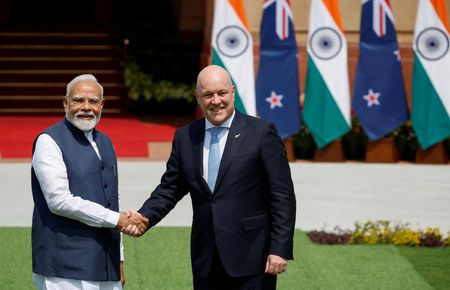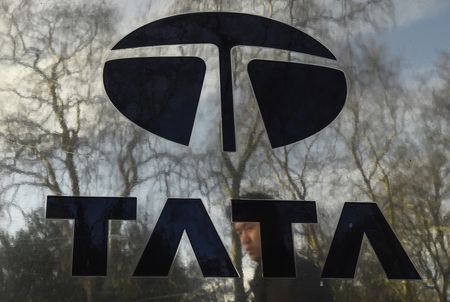By Erwin Seba
HOUSTON (Reuters) -Oil prices rose 1% on Thursday as U.S. crude draws and expected cuts to Russian gasoline exports overwhelmed news that oil major Chevron will gain U.S. approval to renew production in Venezuela.
Brent crude futures settled at $69.18 a barrel, up 67 cents or 0.98%. U.S. West Texas Intermediate crude futures finished at $66.03 a barrel, up 78 cents, or 1.20%.
Crude fell in early afternoon trade on news that U.S. President Donald Trump’s administration was preparing to allow limited oil operations in sanctioned OPEC nation Venezuela.
Earlier in the session, WTI had been up more than a dollar and Brent crude came near that level.
“The news about Chevron being able to go back into Venezuela and get oil going again just took the knees out of the market,” said John Kilduff, partner at Again Capital LLC.
Even so, Kilduff said the market did not expect the Trump administration would open up Venezuela to other U.S. oil companies.
“This is a unique one-off,” he added.
Oil rebounded late in the session on news Russia was planning to cut gasoline exports to all but a few allies and nations like Mongolia, with which it has supply agreements.
“Russia looking to cut off gasoline exports gave the market a boost,” said Phil Flynn, senior analyst with Price Futures Group. “The market was looking for a reason to go higher.”
Also lifting futures was the previous day’s report of a U.S. crude inventory draw and hopes for a trade deal between the U.S. and the European Union that would lower tariffs.
U.S. Energy Information Administration data showed crude inventories fell last week by 3.2 million barrels to 419 million barrels, far exceeding analysts’ expectations in a Reuters poll for a 1.6 million-barrel draw. [EIA/S]
“The U.S. crude inventory draw and the trade efforts are adding some support to prices,” said Janiv Shah, an analyst at Rystad.
On Wednesday, two European diplomats said the EU and the U.S. were moving toward a trade deal that could include a 15% U.S. baseline tariff on EU imports and possible exemptions. That could pave the way for another major trade agreement following a deal with Japan.
(Reporting by Erwin Seba in Housont, Seher Dareen in London, Yuka Obayashi in Tokyo and Emily Chow in Singapore; Editing by Emelia Sithole-Matarise, David Gregorio and Nia Williams)










